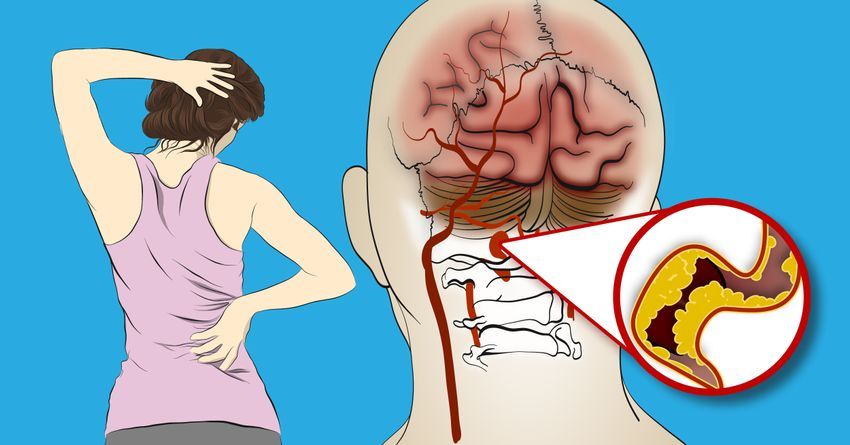Michael Johnson was once the fastest man in the world, but he's been forced to take it easy after suffering a mini-stroke.
The four-time Olympic gold medalist and eight-time World Champion revealed on Twitter that he had a "transient ischemic attack" about a week ago.
"Last week I rather surprisingly suffered what's known as a Transient Ischemic Attack or mini stroke," Johnson, 50, tweeted.
Thankfully, Johnson, who was the first man to win both the 200-meter and 400-meter races at the same Olympics in 1996 at Atlanta, is now on the track to recovery.
"The good news is I'm back at home with my family, cleared of any heart issues and have already made great progress on my road to a full recovery," he added.
Last week I rather surprisingly suffered what's known as a Transient Ischemic Attack or mini stroke. The good news is I'm back at home with my family, cleared of any heart issues and have already made great progress on my road to a full recovery.
— Michael Johnson (@MJGold) September 8, 2018
Johnson's health update was met with a lot of support from his fans and fellow athletes.
"Get well soon legend," one fan tweeted. Another wrote: "I'm sending the most focused and determined man I know loads of love and best wishes. You will be back on track in no time. Wishing you the speediest of full recoveries."
The sprinter then sent out a reminder that "these things [strokes] can affect anyone, even the once fastest man in the world!" He continued, "I'm no stranger to a good exercise plan and have thrown myself into it with my usual focus and determination."

The American Stroke Association describes a Transient Ischemic Attack (TIA) as "a temporary blockage of blood flow to the brain." TIAs only last less than five minutes and don't cause permanent complications, but they're still very dangerous and considered a warning sign.
The ASA added that "some call it a mini-stroke, but it's really a major warning" as one could later experience a full-blown stroke.
According to the American Heart Association, one in three adults have experienced a mini-stroke, but fail to report it.
"Officially, about five million Americans, or 2.3 percent, have had a self-reported, physician-diagnosed TIA, but as this survey suggests, we suspect the true prevalence is higher because many people who experience symptoms consistent with a TIA fail to report it," explained ASA Chairman Mitch Elkind, M.D.

The symptoms of a mini-stroke aren't too different from that of a full stroke. The most important thing to remember is the acronym F.A.S.T, which stands for the following:
- F: Face-drooping, ask the person to smile. Does one side of the face droop?
- A: Arm weakness, ask the person to raise both arms. Does one drift downward?
- S: Speech difficulty, ask the person to repeat a simple phrase. Is their speech slurred or strange?
- T: Time to call 911, if you observe any of these symptoms call emergency services immediately.
You should also be on alert for other symptoms too, including sudden confusion, trouble speaking or understanding, vision problems, sudden numbness or weakness in the face, arm or leg (especially on one side of the body), trouble walking, loss of balance, dizziness, and a severe headache.
In Johnson's case, being a former athlete has not only helped his physical recovery, he admitted that it also "helped with mindset."
In these situations being a former athlete has really helped with mindset but also a reminder that you need to take of yourself. For more information on what to look out for please check out https://t.co/s55Yf3rnPd
— Michael Johnson (@MJGold) September 8, 2018
He urged people to take care of themselves and shared a link to the American Stroke Association's website, so the public can learn more about a condition that affects so many people around them.
Finally, Johnson promised to post updates on his recovery and thanked his supporters "for all the words of encouragement."

